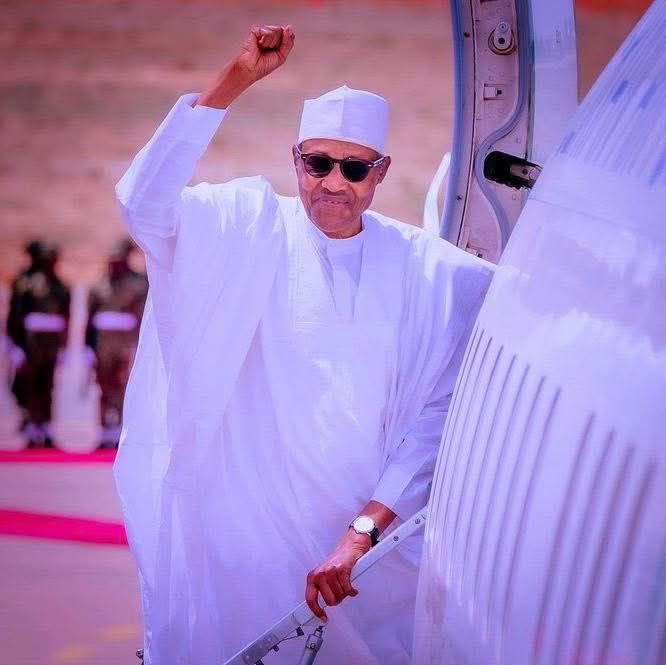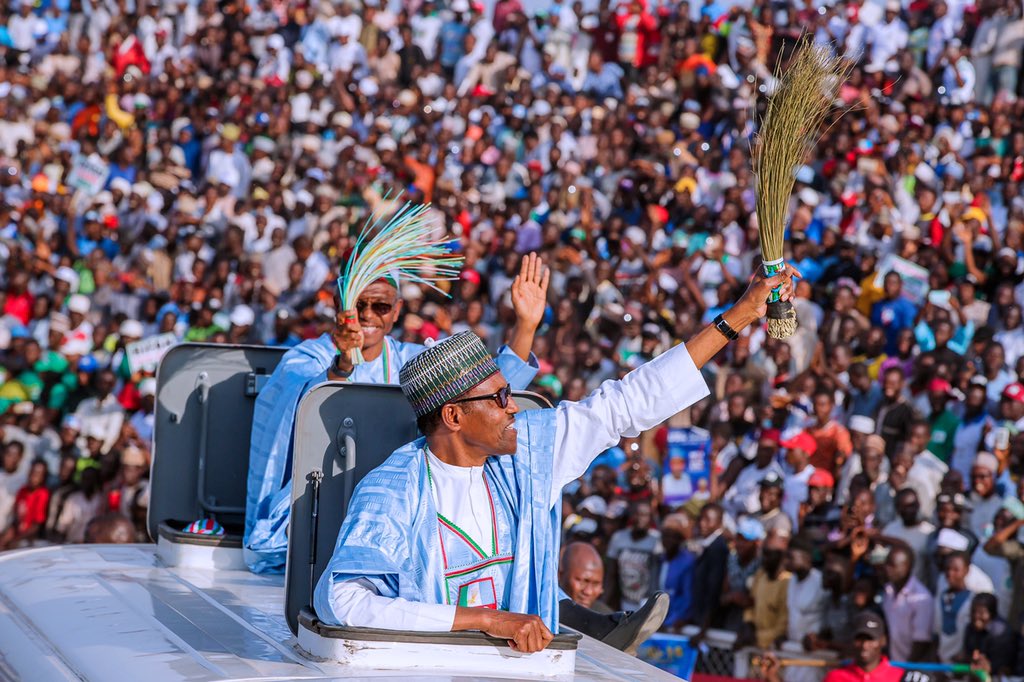In the days following the passing of former President Muhammadu Buhari, one question quietly rises among analysts, party strategists, and citizens alike: where will his legendary bloc of loyal supporters go?
For years, the phrase “Buhari and his 12 million votes” was more than political folklore, it was a stubborn electoral reality. Even in the harshest economic times, even in regions where policies brought pain instead of relief, that core support base remained. It baffled critics, confounded opponents, and, more importantly, shaped the landscape of Nigerian politics for two decades.
Today, as the political establishment pays its respects, a different conversation is taking place in private: power abhors a vacuum. And this vacuum, created by the departure of a man whose personal story and symbolism transcended his policies, cannot remain empty for long.

The ruling party will almost certainly seek to retain this bloc. For the opposition, the moment presents a rare opportunity to court millions who once seemed permanently out of reach. Yet the bigger story isn’t about politicians scrambling for votes. It is about what this moment reveals: that in Nigerian politics, identity, sentiment, and symbolism often influence voters in ways that policies alone cannot.
Buhari’s enduring appeal, rooted in a narrative of “integrity, discipline, and austere patriotism,” a narrative that many will question, but which we can also agree speaks to a deep-seated yearning among many Nigerians. Those millions were not just voting for a man; they were voting for what they believed he represented. That kind of loyalty doesn’t simply evaporate. It seeks a new vessel. This loyalty shaped elections, built coalitions, and ultimately powered the merger that created the All Progressives Congress (APC), uniting Buhari’s CPC faction with other blocs to win power in 2015.
What happens next could reshape our political landscape. Will a new figure rise to inherit this mantle? Can any party, new or old, convincingly claim this legacy? Or will this once-solid bloc fragment, changing the delicate balance of electoral maths across the north and beyond?
Beyond the immediate calculations, this moment is also a lesson: political power is rarely built overnight. It emerges from years, even decades, of storytelling, symbolism, and perceived authenticity. And when it becomes vacant, history shows it is never left empty for long.
In the months ahead, leading up to the 2027 general elections, especially now, when politicians are lobbying and selling their ideas, we should all watch closely, not just to see who steps forward, but to understand what the followers truly seek. Because in the end, it isn’t merely about numbers at the polls. It’s about meaning, identity, and the timeless truth that in politics, power abhors a vacuum.
*This piece was contributed by Murkthar Suleiman


 Trending
Trending 
